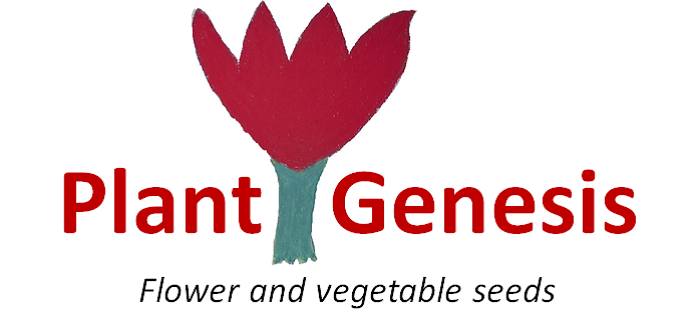If you are looking to reduce your use of pesticides in the garden, then consider trying companion planting. This ancient practice combines the growing of beneficial herbs and flowers amongst your vegetables to prevent damage from insects and improve pollination.
The smell of some plants can deter pests, steering them away from your vegetables. Others are so appealing to pests, they act as ‘sacrificial plants’, bearing the brunt of the damage. And others simply attract pollinators, such as bees and butterflies, into your greenhouse or vegetable plot, enhancing pollination and fruit set.
Here are four plants to try this year:
 Mexican Tarragon (Tagetes lucida) – this is a hardy perennial herb with the dual benefit of attracting pollinators and repelling insects and nematodes. It is also a tasty herb in its own right. Grow alongside tomatoes to prevent aphid attack, near asparagus to repel asparagus beetles, and with peas and beans to keep bean weevils under control. These plants may also repel rabbits.
Mexican Tarragon (Tagetes lucida) – this is a hardy perennial herb with the dual benefit of attracting pollinators and repelling insects and nematodes. It is also a tasty herb in its own right. Grow alongside tomatoes to prevent aphid attack, near asparagus to repel asparagus beetles, and with peas and beans to keep bean weevils under control. These plants may also repel rabbits.
 Nasturtiums (Tropaeolum majus) – these pretty annuals attract caterpillars away from your cabbages and kale. Plants will self-seed.
Nasturtiums (Tropaeolum majus) – these pretty annuals attract caterpillars away from your cabbages and kale. Plants will self-seed.
 Peppermint ( Mentha x piperita) – a perennial plant, useful in cooking, and also helpful in repelling aphids and white flies. Best grown in containers as these are vigorous plants!
Peppermint ( Mentha x piperita) – a perennial plant, useful in cooking, and also helpful in repelling aphids and white flies. Best grown in containers as these are vigorous plants!
 Borage (Borago officinalis) – an annual herb and appealing informal cut flower, enticing pollinators and keeping tomato hookworms and cabbage worms at bay. The young leaves are good in salads. Plants will self-seed.
Borage (Borago officinalis) – an annual herb and appealing informal cut flower, enticing pollinators and keeping tomato hookworms and cabbage worms at bay. The young leaves are good in salads. Plants will self-seed.
Pesticides are harmful to many beneficial insects and can be harmful to human health, so anything we can do to reduce their use has to be a good thing.
